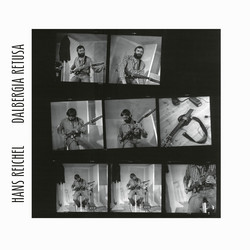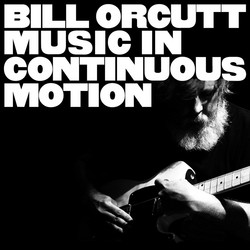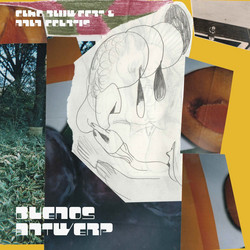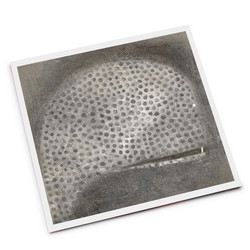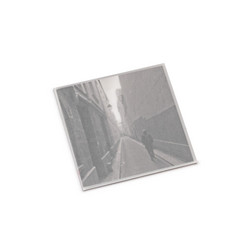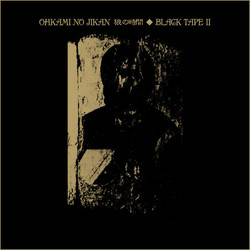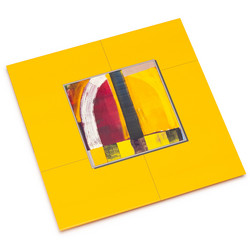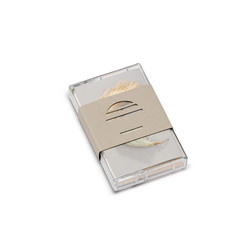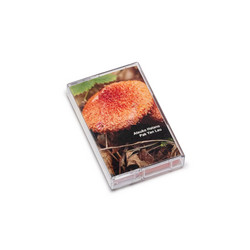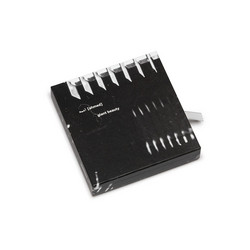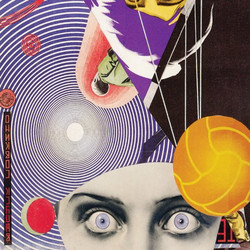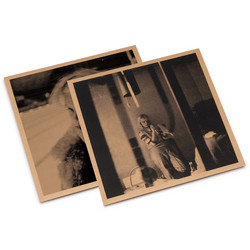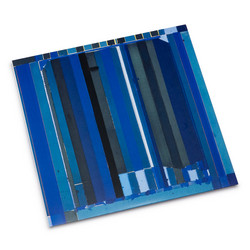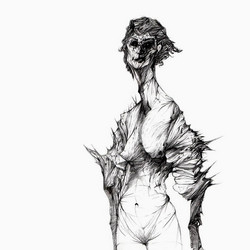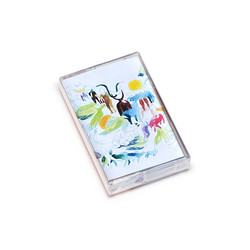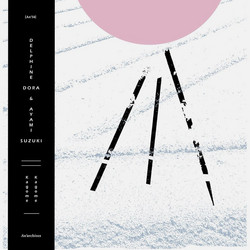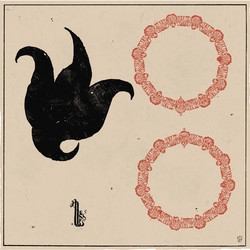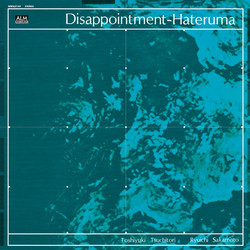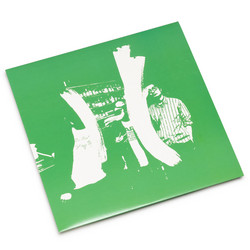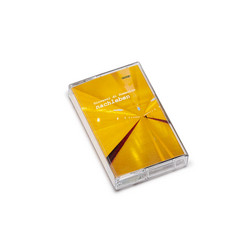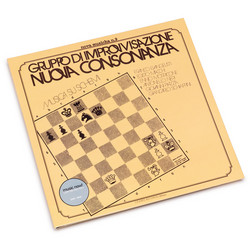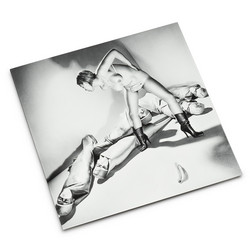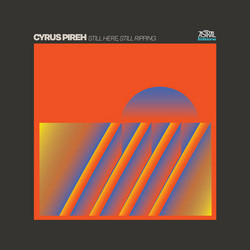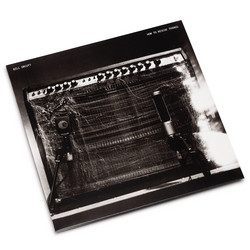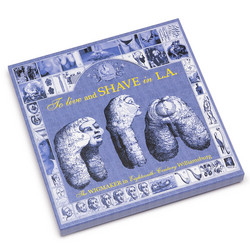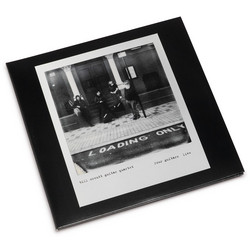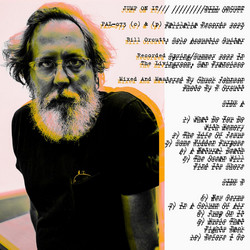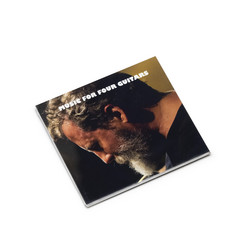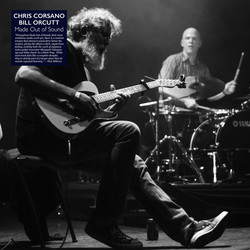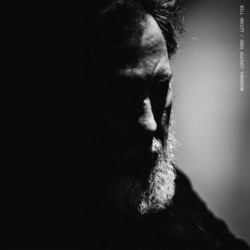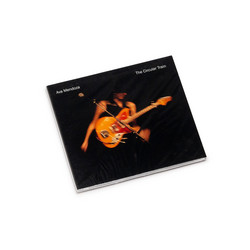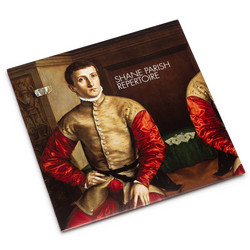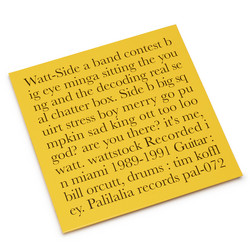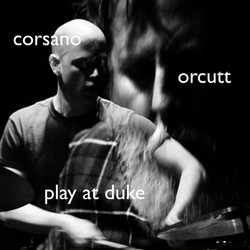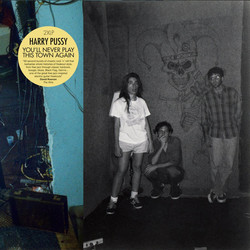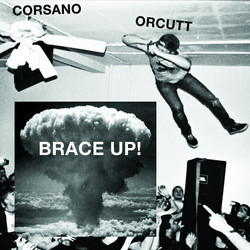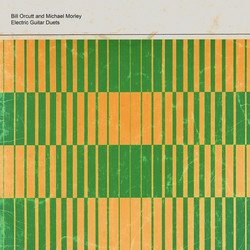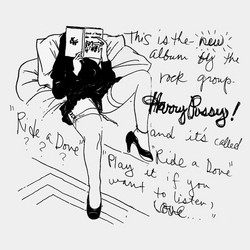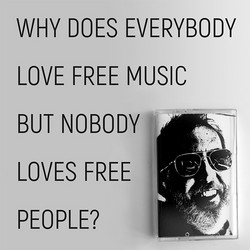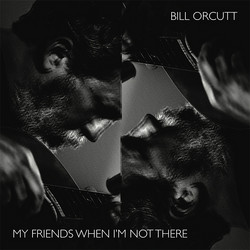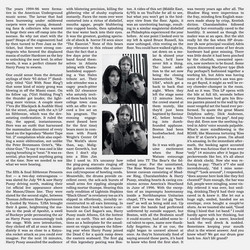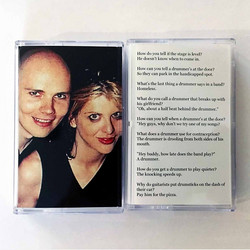In the ongoing battle between technical virtuosity and authentic expression, most guitar "shredders" have chosen the wrong side - trafficking in overwrought drama while remaining devoid of soul, viewing music as competitive sport rather than spiritual exploration. Enter Cyrus Pireh, whose latest Palilalia release Thank You, Guitar represents nothing less than a revolutionary approach to "transcendental shred electric guitar music" that upcycles the despised 32nd-note neck sprint into something genuinely transformative. As Tom Carter notes in his assessment, "far from languishing in razzle dazzle," Pireh's approach represents "a giant step forward in Palilalia's redefinition of the solo guitar record, and one of the first truly novel things I've heard a guitar spit out in quite some time." This self-professed anarchist and presumed enemy of music-as-sport has discovered how to transform technical virtuosity into genuine transcendence.
Pireh's methodology proves deceptively simple yet profoundly effective: armed with his 9-string guitar, a Digitech DD5 delay pedal, and mysterious amp modifications, he creates what sounds like "a quarter-inch jack plugged into each of the listener's eardrums." The wet and dry signals become all but indistinguishable as digital delay ping-pongs across the frontal lobes, creating a mesmeric boil that eschews electronic trickery in favor of pure instrumental mastery. The album opens with its title track, whose hairpin turns echo Fred Frith's "Hello Music" - another startling LP-opener that established radical new possibilities for solo guitar expression. Pireh views his maximalist double-handed approach as "a mirror in which the listener might visualize all manner of details in its rapidly self-propagating tonal and rhythmic tapestry," transforming technical display into genuine perceptual exploration. Each composition tracks different tangential vectors within Pireh's expanded guitar universe. "Free Palestine" employs tape delay to smear sounds into muzzy, proto-psychedelic modalities, while other tracks stretch longer feedback times into unison lines reminiscent of Brian Eno's all-consuming Revox experiments, albeit with greater pitch stability and rhythmic precision. The album's true mind-bender proves to be "Amen Family," a composition that reinvents the venerable amen break as "an electrified freak-folk/jungle opus for fingerstyle guitar that has to be heard to be believed." Through fret-tapping and string scraping techniques, Pireh transforms one of electronic music's most recognizable rhythmic patterns into something entirely unprecedented - a guitar composition that exists simultaneously in multiple musical universes.
What distinguishes Thank You, Guitar from conventional virtuoso displays is Pireh's mastery of "the tension between precision and chaos, never quite veering into one or the other, but maintaining maximum engagement and brimming with action til the end." This represents guitar maximalism with genuine spiritual content - technique in service of transcendence rather than mere display. Thank You, Guitar represents an essential statement about what solo guitar music can become when freed from conventional expectations. Pireh's anarchist approach to shredding creates space for genuine exploration while never abandoning the visceral impact that makes electric guitar such a compelling instrument.
